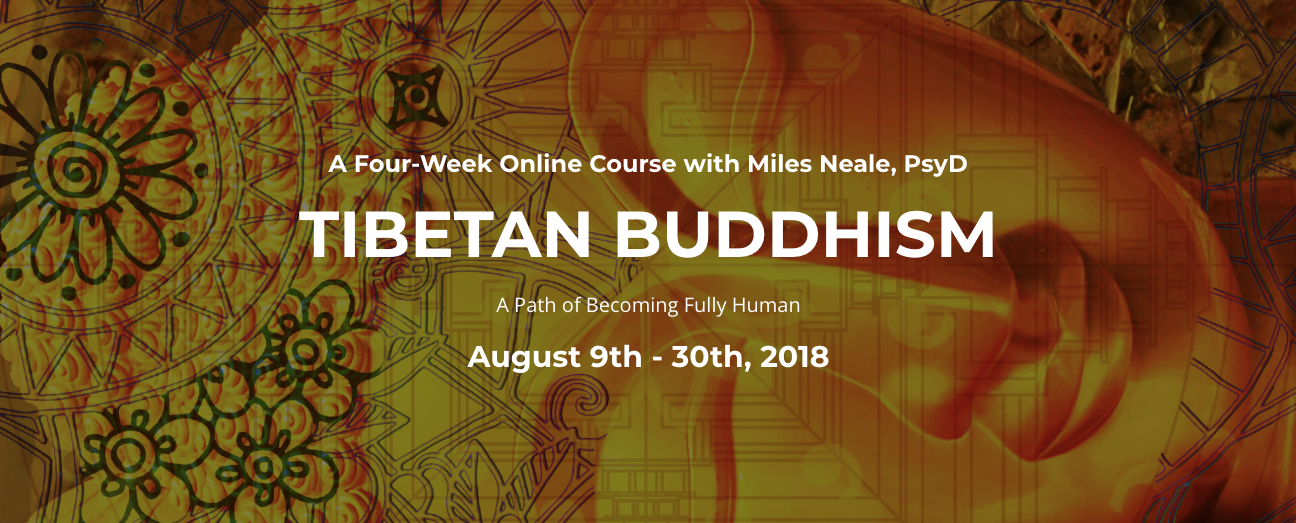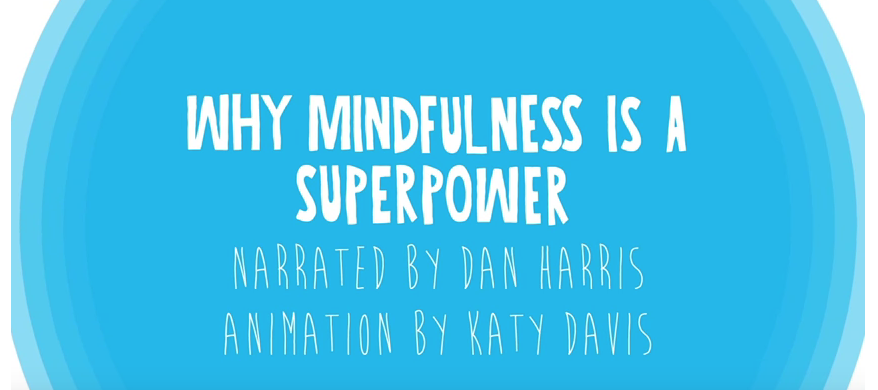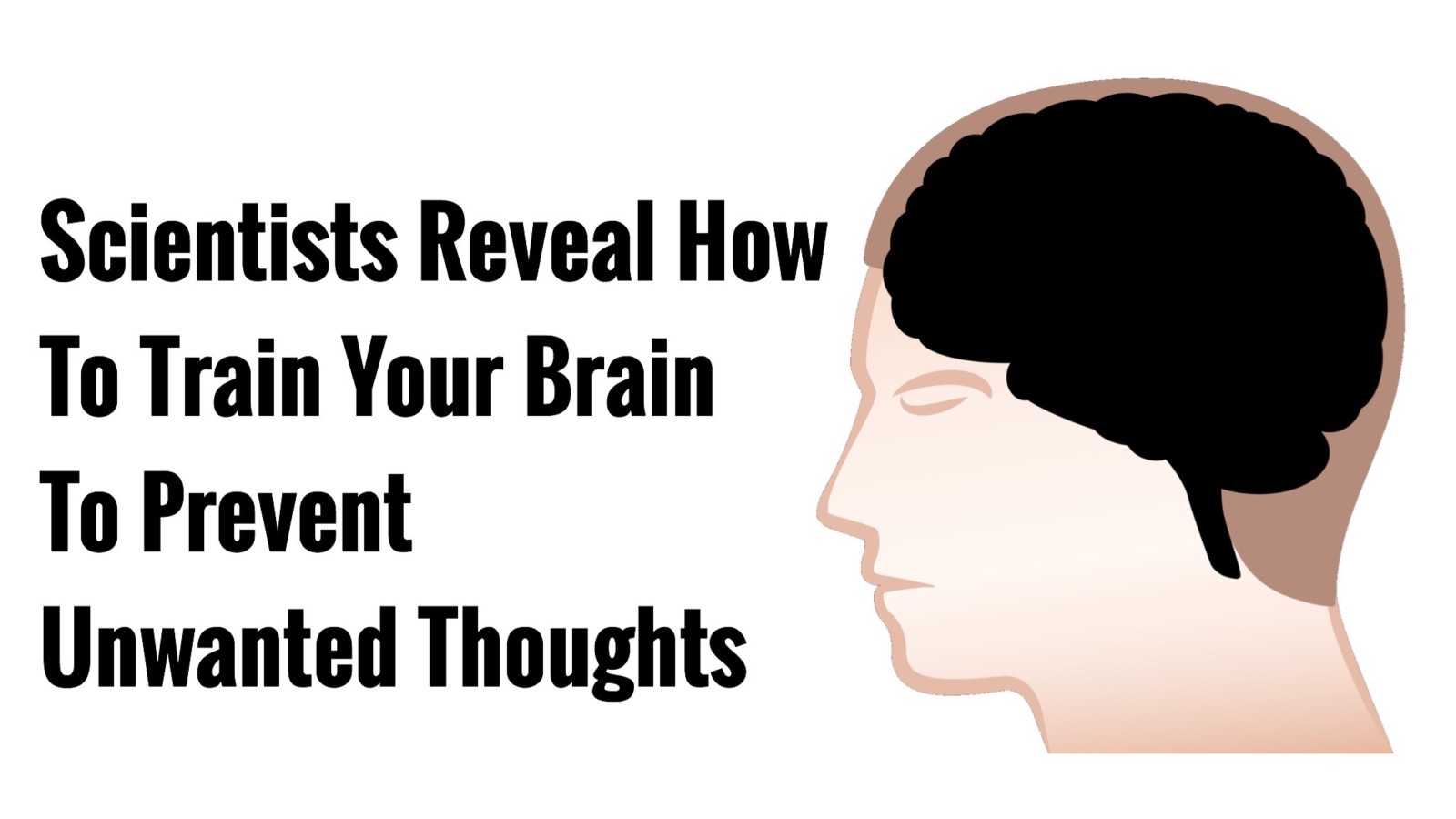By Lachlan Brown for Hackspirit
For years I struggled to find the peace I really wanted.
You know the dream:
- Happiness
- Not overthinking
- No anxiety
- Physically fit
And the to live every moment without being distracted by the past or the future.
During that time, I lived with anxiety, insomnia and way too much useless thinking going on in my head. It was never easy.
One of the reasons I was never truly at peace was because of one recurring problem: I couldn’t learn to “accept” where I was without wishing it were different.
Because avoiding and fighting against what is happening inside you only makes it worse.
Unfortunately, acceptance is also really hard to cultivate. We’re practically wired to not accept the moment if it’s not 100% comfortable.
So, what can we do?
What helped me was coming across Japanese Buddhist master Miyamoto Mushashi’s 21 rules of life.
Known as Japan’s greatest ever swordsman, he wrote these 21 rules 2 weeks before his death.
Each rule teaches you to accept your circumstances in life, detach from outside forces you can’t control and be comfortable with who you are.
I find these rules powerful because the only way to cultivate acceptance is through continued practice in your actions and your attitude. The two things we actually have control over.
And these rules give you the necessary guidelines to do just that.
It might take months to rewire your brain, but it’s well worth it.
Check them out:
1) Accept everything just the way it is.
Acceptance is perhaps the most important attitude to overcome mental challenges in life.
It’s a state of mind. There’s no destination or goal with acceptance. It’s simply the process of exercising the mind to be tolerant of anything life throws at us.
Why is it powerful?
Because instead of fighting against negative emotions like anxiety and stress, you’re actually accepting them the way they are. You’re not bitter, and you’re not creating more negativity out of your negativity.
Through acceptance you pave the path for negative emotions like anxiety to become less powerful. You’re not fighting against them and making them worse.
But to be clear: Acceptance is not the following: It’s not indifference or apathy. It does not involve giving up or not trying. It’s simply about accepting things without judging them.
It is what it is. Whatever happens happens. It’s about being patient and allowing the natural flow of things to take place.
2) Do not seek pleasure for its own sake.
As humans, we’re unhappiest when we become dissatisfied with what we have, and decide that we want more.
When we seek pleasure for pleasure’s sake, we put ourselves in an endless loop of desiring that’s only temporarily satisfied when we experience that pleasure.
But feelings don’t last forever. And before you know it, you’ll be back desiring again.
This doesn’t mean you can’t have fun and enjoy pleasure when you experience it. It just means you won’t be constantly seeking pleasure for its own sake. You appreciate what you have in every moment, and sometimes that will be pleasurable emotions.
But you also won’t be unhappy when you aren’t experiencing pleasure.
3) Do not, under any circumstances, depend on a partial feeling.
Same as above, feelings don’t last forever. Emotions are transient. You won’t be happy all the time, and wanting to be so will only make you unhappy.
4) Think lightly of yourself and deeply of the world.
When you think of yourself too much, you amplify your ego and your insecurities.
Happy people are the ones who focus on helping others. There’s a beautiful Chinese Proverb which describes this perfectly:
“If you want happiness for an hour, take a nap. If you want happiness for a day, go fishing. If you want happiness for a year, inherit a fortune. If you want happiness for a lifetime, help somebody.”
In other words: Be humble, don’t take yourself too seriously and focus on helping others.
5) Be detached from desire your whole life long.
Buddhism says that desiring leads to suffering. Why? Because when you’re desiring, you’re dissatisfied with what you have right now.
And when you get what you want, this leads you down an endless loop of desiring.
If you can forget about the idea of wanting, you can learn to be comfortable and grateful for what you have right now, which is key to inner peace.
6) Do not regret what you have done.
Regret is a useless emotion, isn’t it? You can’t change what’s happened. Yes, you can learn from what happened, but that doesn’t involve experiencing regret.
I know that sometimes we can’t help but regret things in life, but it’s important not to dwell on it. It’s useless to do so.
7) Never be jealous.
Another useless emotion. It also means you’re insecure with yourself, because you’re envious of someone else.
Instead, look inside yourself and be grateful for who you are and what you have.
8) Never let yourself be saddened by separation.
It sucks to separate from someone you want to be with. But getting sad over it won’t help you or them.
Sometimes you just need to toughen up and appreciate what you have, not what you lose.
9) Resentment and complaint are appropriate neither for oneself nor others.
Again, complaining without action doesn’t help you achieve anything. It only serves to raise your toxic energy.
And don’t let what other people do affect you as well. You’re not in control of what they do. But you are in control of how you react to what they do.
10) Do not let yourself be guided by the feeling of lust or love.
This one’s probably a controversial one for many. For me, too. I think we can all agree that you don’t want to be guided by lust. It’s similar to chasing emotions that don’t last forever and will only give you temporary fulfilment.
Love, however, is a different story. I don’t know about you, but I think that love is one of the most important emotions to be guided by. Your family is everything, whoever they are, and your life is much more fulfilled when you do whatever you can for them.
11) In all things have no preferences.
Similar to desiring, by having preferences, you’re not happy with what you have right now. You’re dissatisfied and unable to enjoy the present moment.
So if you can, try not to prefer something over something else, especially if you can’t control it.
12) Be indifferent to where you live.
If you can change where you live, then by all means go ahead. And don’t stop looking for opportunities to do so.
But besides doing that, it’s more fulfilling to appreciate where you are right now, rather than wishing it were different.
13) Do not pursue the taste of good food.
Interesting one. Focus on eating to be healthy and for nourishment. Desiring delicious food can lead to addiction and attachment. This goes for alcohol and drugs, too.
14) Do not hold onto possessions you no longer need.
It’s easy to get cluttered with junk that you don’t need. But if it’s not benefiting your life, get rid of it. More space and clear thinking is what’s needed. Not more stuff.
15) Do not act following customary beliefs.
Follow your own common sense. Do what makes sense to your own values, not what other people think. Decide for yourself.
You know what’s right and wrong. You don’t need someone else to tell you.
16) Do not collect weapons or practice with weapons beyond what is useful.
A tribute to his swordsman time, but we can apply this for our lives, too. It’s better to be an expert in one thing, than okay at everything.
17) Do not fear death.
Extremely hard to do. But it’s something none of us will escape. We can either learn to accept that our own and our close one’s time will eventually come, or fight against it causing anxiety and sadness for the rest of our lives.
18) Do not seek to possess either goods or fiefs for your old age.
What good will they do you when you’re gone? Only collect what is useful. Don’t waste your time.
19) Respect Buddha and the Gods without counting on their help.
Take responsibility for yourself. Don’t count on luck or god to pull you through. Tackle the endeavors you know are within your capabilities. Keep doing the right thing and everything else will fall into place.
20) You may abandon your own body but you must preserve your honor.
Don’t do anything that you won’t be able to live with for the rest of your life. Your actions define you, not your beliefs.
21) Never stray from the way.
Stay humble, do the right thing and always keep learning and growing.





